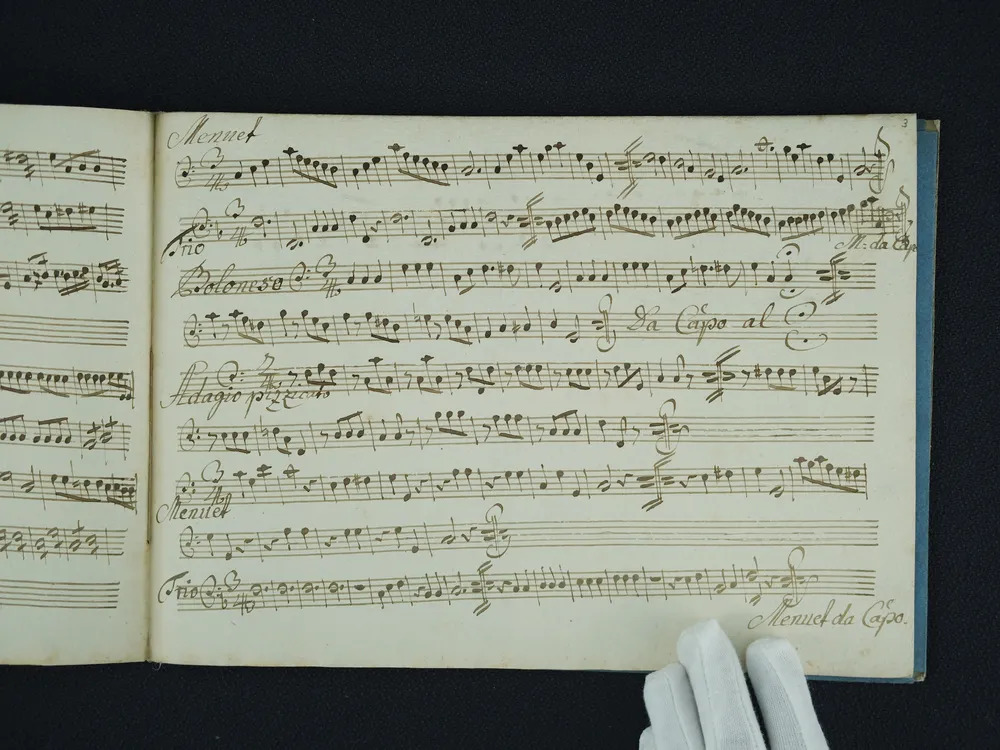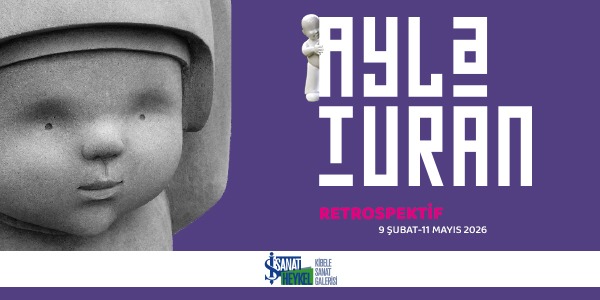A previously unknown 12-minute piece of music composed by Wolfgang Amadeus Mozart has been discovered in a library in Germany. Researchers believe the composer wrote the piece—titled ‘Serenade in C’—when he was a young teenager.
The composition was hidden among the holdings of Leipzig’s Municipal Libraries, located about 280 miles north of Salzburg, Austria, where Mozart was born in 1756. By the age of 5, Mozart was already a child prodigy, touring Europe and performing for royals and aristocrats. As a teenager, he built his reputation as a composer, spending several years in Salzburg and Vienna before relocating to Italy in 1769.
Mozart likely composed the recently discovered piece in the mid- to late-1760s, according to a statement from the Leipzig Municipal Libraries. While compiling an edition of the Köchel catalog—a comprehensive archive of Mozart’s works—library researchers stumbled upon a mysterious bound manuscript containing a handwritten composition in brown ink.
The piece is attributed to “Wo[l]fgang Mozart.” However, the handwriting is not Mozart’s, suggesting the manuscript is a copy of the original composition, likely made around 1780.
*Serenade in C* consists of seven miniature movements for a string trio (two violins and a bass), according to the International Mozarteum Foundation, a Salzburg-based nonprofit dedicated to Mozart’s life and work. The use of “Wo[l]fgang Mozart” on the manuscript indicates the composition dates to the composer’s youth, as he began regularly using “Amadeo” in his name around 1769.
Researchers note that the music aligns stylistically with Mozart’s works from the 1760s, when he was between the ages of 10 and 13. Ulrich Leisinger, head of research at the Mozarteum Foundation, told Deutsche Presse-Agentur (DPA) that by his late teens, Mozart had moved beyond composing pieces that sounded like this one.









